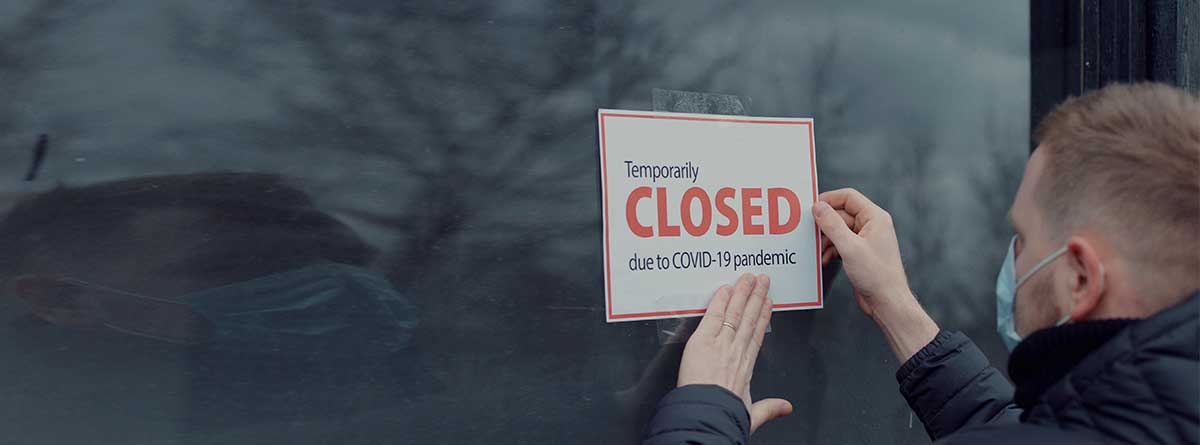Business Interruption per Civil Authority
Business Interruption claims have begun to be filed by business owners regarding revenue lost due to their business being forced to close per government decree during the Coronavirus pandemic. These claims should be covered under “Additional Coverages” provision for ‘Business Interruption’ under the ‘Civil Authority’ sub-provision of either ‘Optional Coverages’, ‘Extended Business Income’ or ‘Extra Expense’.
As of April 1, 2020, bills have been introduced in three states to compel insurance companies to pay on Coronavirus Business Interruption claims. New Jersey has introduced Bill A-3844 (3/16/20), New York Bill A. 10226 and in Ohio, H.B. 589.
However, it seems as though insurers are already positioning themselves to deny these claims based on research of business insurance industry websites. Many have already been updated with information to indicate that such claims are not covered under the blanket policy. Further, insurance defense firms are blogging the same types of op-eds, signifying they know this is coming.
As the Coronavirus is a novel (pardon the pun) event, this could potentially be viewed as a de novo issue. Case law research thus far is confined to suits filed as a result of the ‘Civil Authority’ provision for the events that occurred around the 9/11 terrorist attack, hurricanes, and the riots that ensued following the assignation of Martin Luther King, Jr. Most decision have been summary judgement for the insurer relying on Two Caesars Corp. v. Jefferson Ins. Co. DC Court of Appeals 1971.
The issue that seem to be at the heart of a vast majority of the claims is in the ambiguity of the language of this section of the insurance contract, with an emphasis on the “resulting directly from an interruption of business when as direct result (also ‘due to’) of damage to damage to or destruction of property adjacent to the premises herein described by the peril(s) insured against, access to such described premises is specifically prohibited by order of Civil Authority.”
However, in Sloan v. Phoenix of Hartford Ins. Co., 46 Mich. App. 46, the Court of Appeals of Michigan found that ‘other portions of the policy conspicuously omits mention of damage to or destruction of the property, and limits liability to a two-week period only, on plain reading of the policy would lead the ordinary person of common understanding to believe that irrespective of any physical damage to the insured property, coverage was provided and benefits payable when, as a result of one of the perils insured against, access to the insured premises was prohibited by order of civil authority and is so interpreted.’ Finding for the plaintiff even when considering Two Caesars Corp.
Additionally, in Southlanes Bowl v. Lumbermen’s Mut. Ins. Co., 46 Mich. App. 758 reversed a lower court’s decision for the defendant, relying on Sloan v. Phoenix of Hartford Ins. Co., and held that “the court recently had occasion to consider whether under the language of the business-interruption policy here in question, physical damage to the insured premises is a condition precedent to the insurer’s liability to pay benefits. We held that where the insured businesses were closed by order of a civil authority, physical damage to the insured premises was not a prerequisite to the insurer’s obligation to reimburse the insured for the net losses resulting therefrom.”
Case Status:
- CA JCCP #5180


